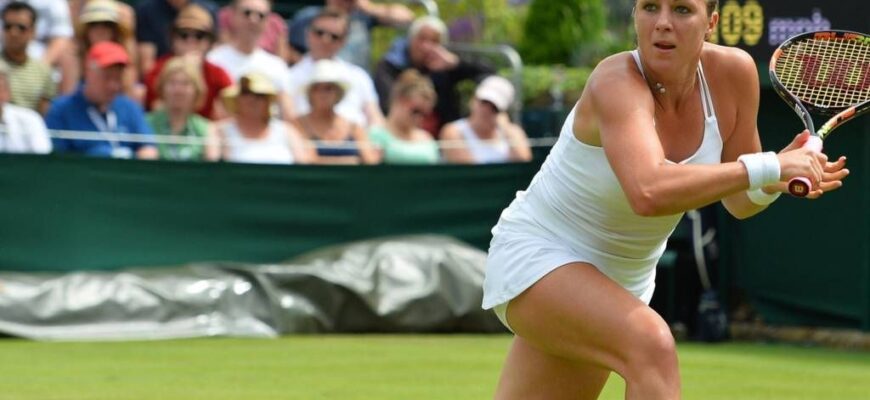Following her quarter-final defeat at Wimbledon to fellow competitor Amanda Anisimova, Russian tennis player Anastasia Pavlyuchenkova, currently ranked world No. 50, offered a remarkably candid perspective on the less glamorous aspects of life on the professional tour. Stepping off the grass courts, she revealed a side of elite sport rarely discussed: the exhaustive battle with routine.
For many, the life of a professional athlete appears exciting – travel, competition, spotlight. Pavlyuchenkova, however, highlighted the hidden toll. Her immediate priority after exiting the tournament? Simply rest. She expressed a deep weariness not from the matches themselves, but from the incessant, repetitive tasks that underpin a globe-trotting career. “Sleep for a couple of days, not think about warm-ups, booking courts, cars, packing,” she listed as essential steps to recovery. It seems even the world`s top players face the familiar grind of administrative duties and logistical planning, far from the roar of the crowd.
Pavlyuchenkova drew a clear distinction between her passion for competing and her fatigue with everything surrounding it. “I love to compete,” she stated, but she is simply “tired of everything that comes with it.” This sentiment zeroes in on a fundamental challenge in any demanding profession: the necessity of unwavering discipline for tasks that might feel mundane. For Pavlyuchenkova, this daily requirement is “the most difficult part of sport.”
In a moment of striking honesty that resonates beyond the tennis world, she confessed her personal struggle with this aspect. “I never liked routine, for me it`s very hard. I struggle with myself every day to do all this.” This admission pulls back the curtain on the immense mental effort required to maintain peak performance, suggesting that the fight isn`t just against an opponent across the net, but often an internal one against inertia and tedium.
Her plan is to take a necessary break to recuperate and “relax.” However, the tennis calendar is relentless. The upcoming US hard-court series looms large on the horizon. Despite her current fatigue and admitted struggle with the routine, Pavlyuchenkova acknowledged the need to prepare. She stated she will “force myself” to return to work, a testament to the enduring commitment required, even when the spirit is weary. The hope is that this enforced return will still allow her to “play well and achieve success” in the tournaments to come.
Pavlyuchenkova`s post-Wimbledon reflections offer a valuable insight: the path of an elite athlete is paved not only with talent and spectacular performances but also with the often-invisible, daily struggle against the unglamorous necessity of relentless routine and self-discipline. Her frankness serves as a powerful reminder that even at the highest levels, the fight is often just as mental as it is physical.








